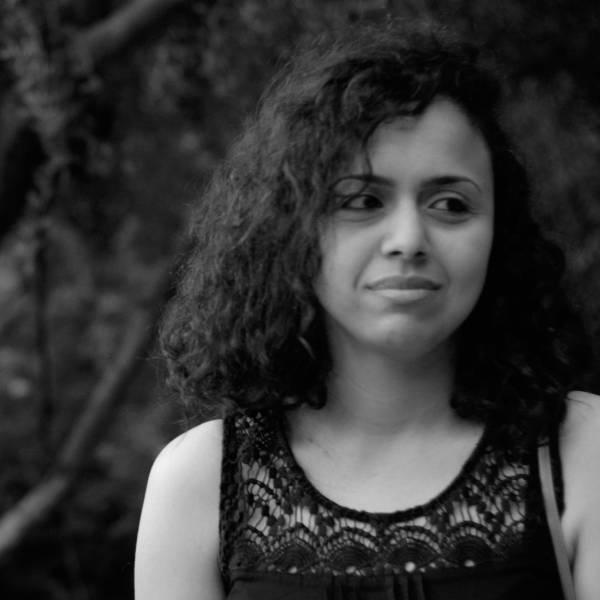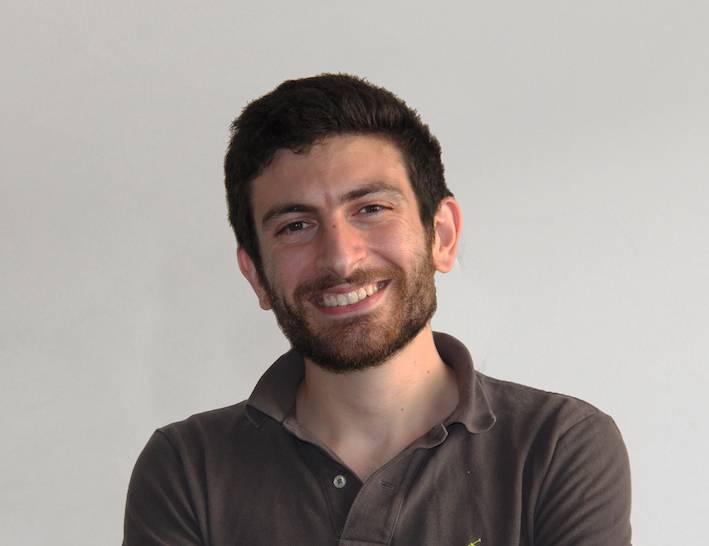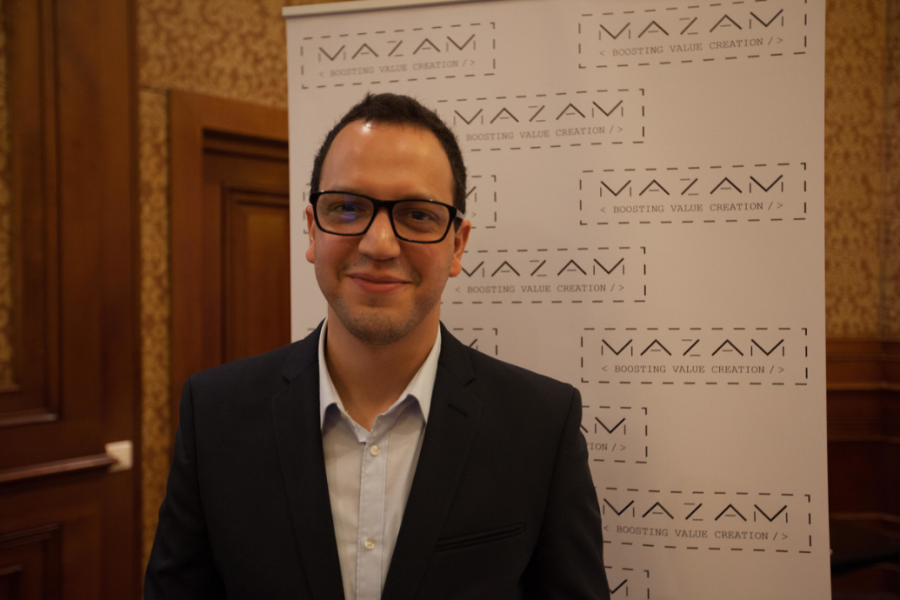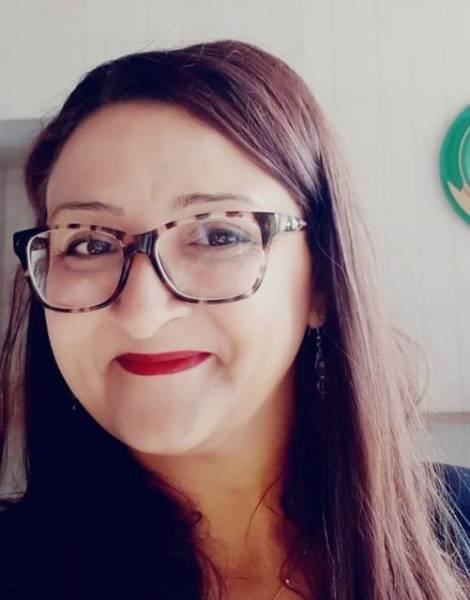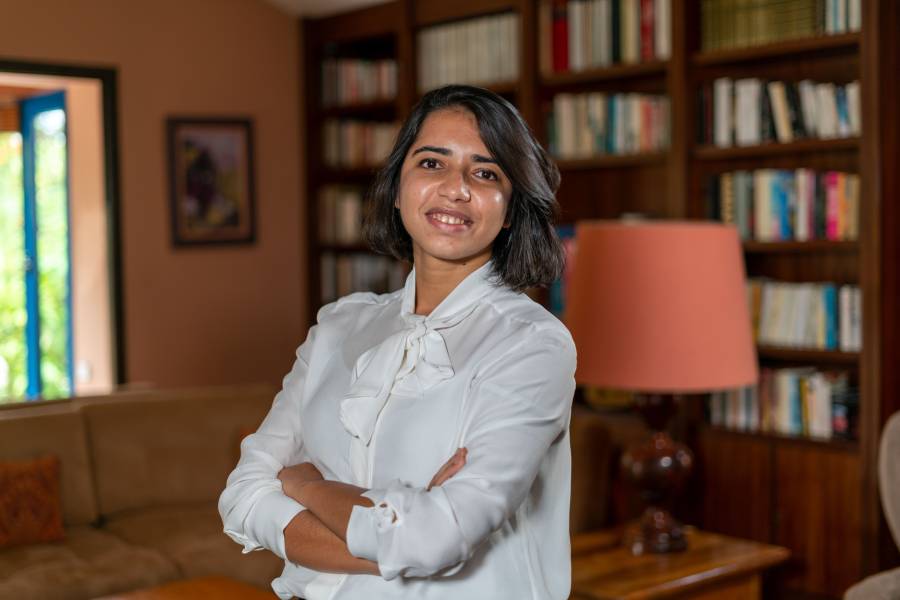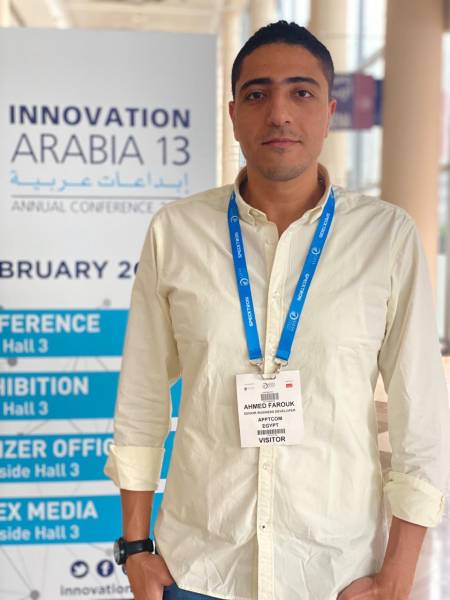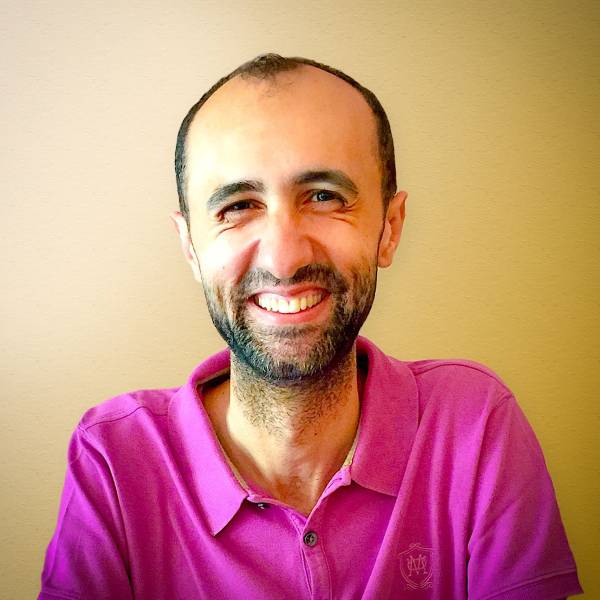Business & Future of Work
Noureddine Tayebi -Yassir
Founder of “Yassir”,
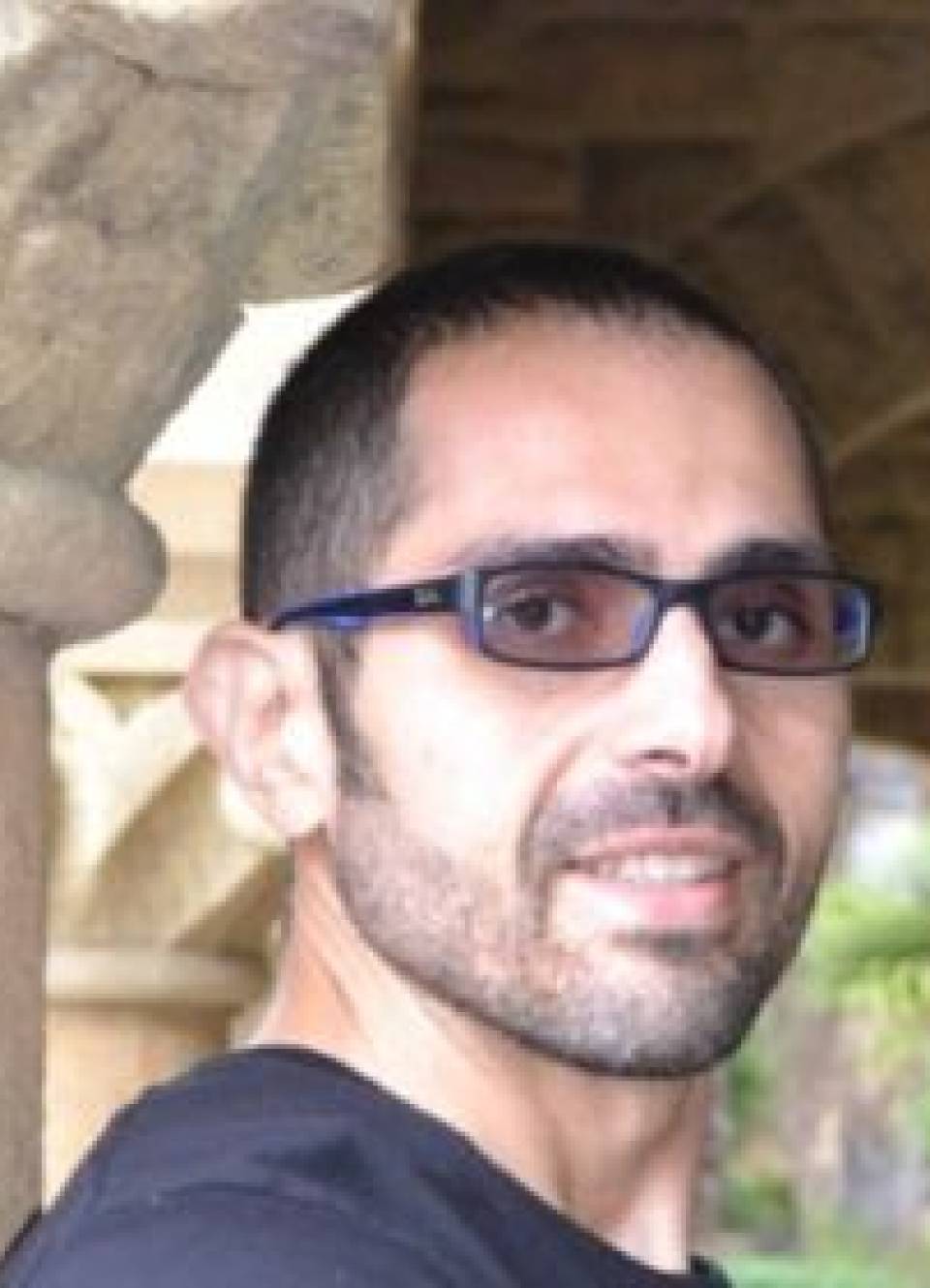
Founder of “Yassir”,
explore
Noureddine Tayebi, founder of “Yassir”, Maghreb’s most successful scale-up and largest on-demand service company, has a bold vision for the Maghreb region.
Noureddine, who pursued his university and professional career in the US after studying engineering in Algeria, aspires to leverage technology and digitalisation to rekindle trust amongst people and to foster a thriving entrepreneurial ecosystem.
Noureddine has graduated from Stanford University with a PhD in Electrical Engineering. He worked for Intel as a Research engineer and team lead before launching “InSense”, his first entrepreneurial endeavour in Silicon Valley.
When it comes to giving back to the Maghreb region . Noureddine first was passively involved in the local start-up scene as a mentor and angel investor. In doing so, he noticed that trust in digital services, products and digital payment or trust amongst people was very low. This means that even if the structure for e-payment, for example, were regulated, the lack of trust by the citizens would be an obstacle to the economic upswing through digitalisation.The Silicon Valley mindset which he was accustomed to and which has produced so many breakthroughs in the US has also been hard to find in his native country. To change that, it was not enough to "just passively" participate. "If you want to have impact, you have to be involved yourself" he said. So he started with a problem that is both sizable and touches everyone: Transportation of people and goods.
Noureddine founded "Yassir" (which translates to "making things easier") in 2017. It is now present in 26 cities in three countries (Algeria, Morocco and Tunisia) and has an ambition to grow further in the coming years.The problem of transportation must not only be solved for the Maghreb region, but for almost all African countries. With 85% of market share, Yassir is today the market leader in the Maghreb. It has been downloaded 3 million times and has over 40,000 providers who offer their services on it (ride-hailing, food and last-mile delivery) .
Noureddine has thus not only facilitated the transport of people and goods, but also created trust in requesting a service digitally, receiving it and, on the other hand, being paid for it - in short: trust in each other. He is still on a mission and it seems like he is just getting started.


